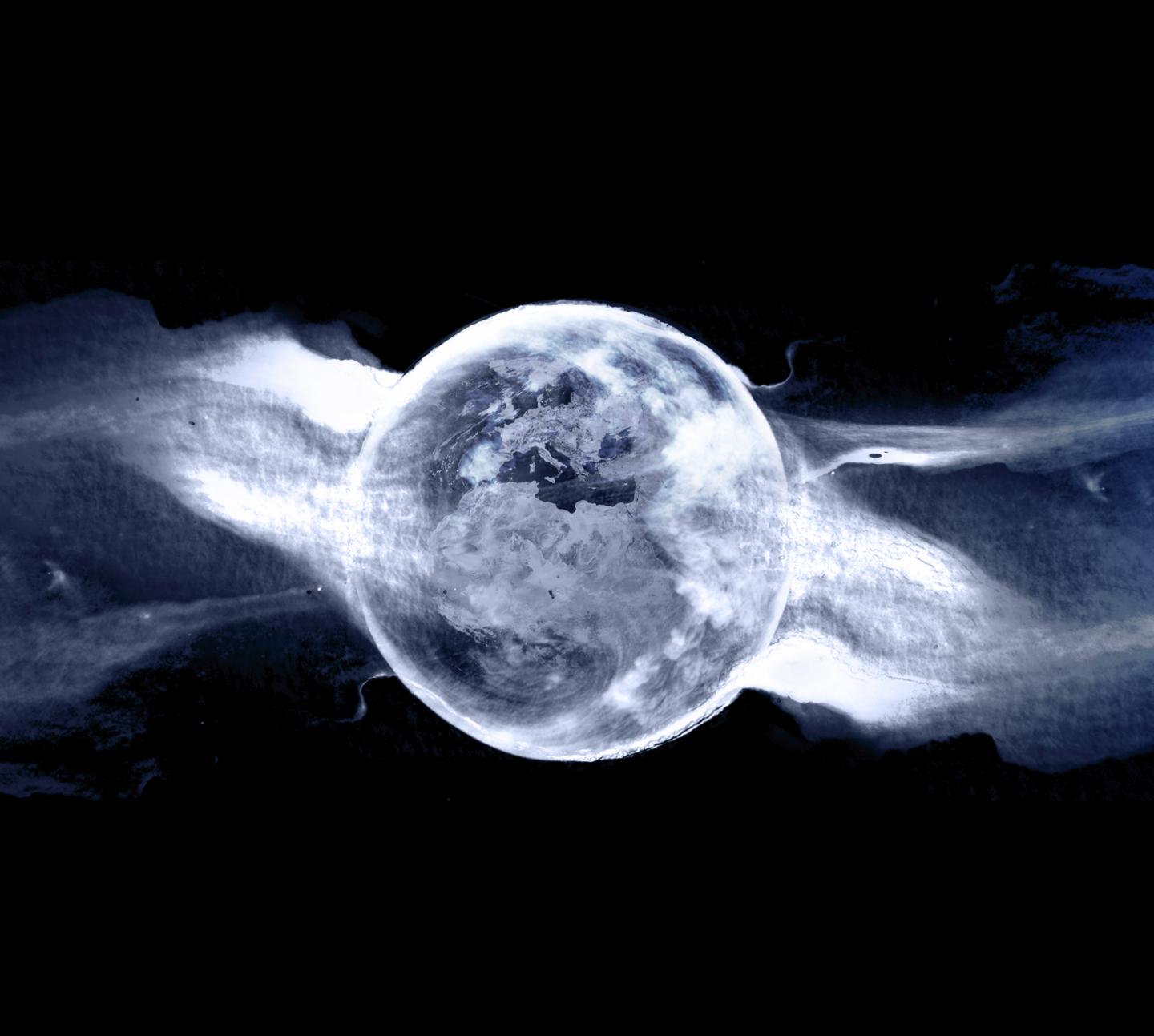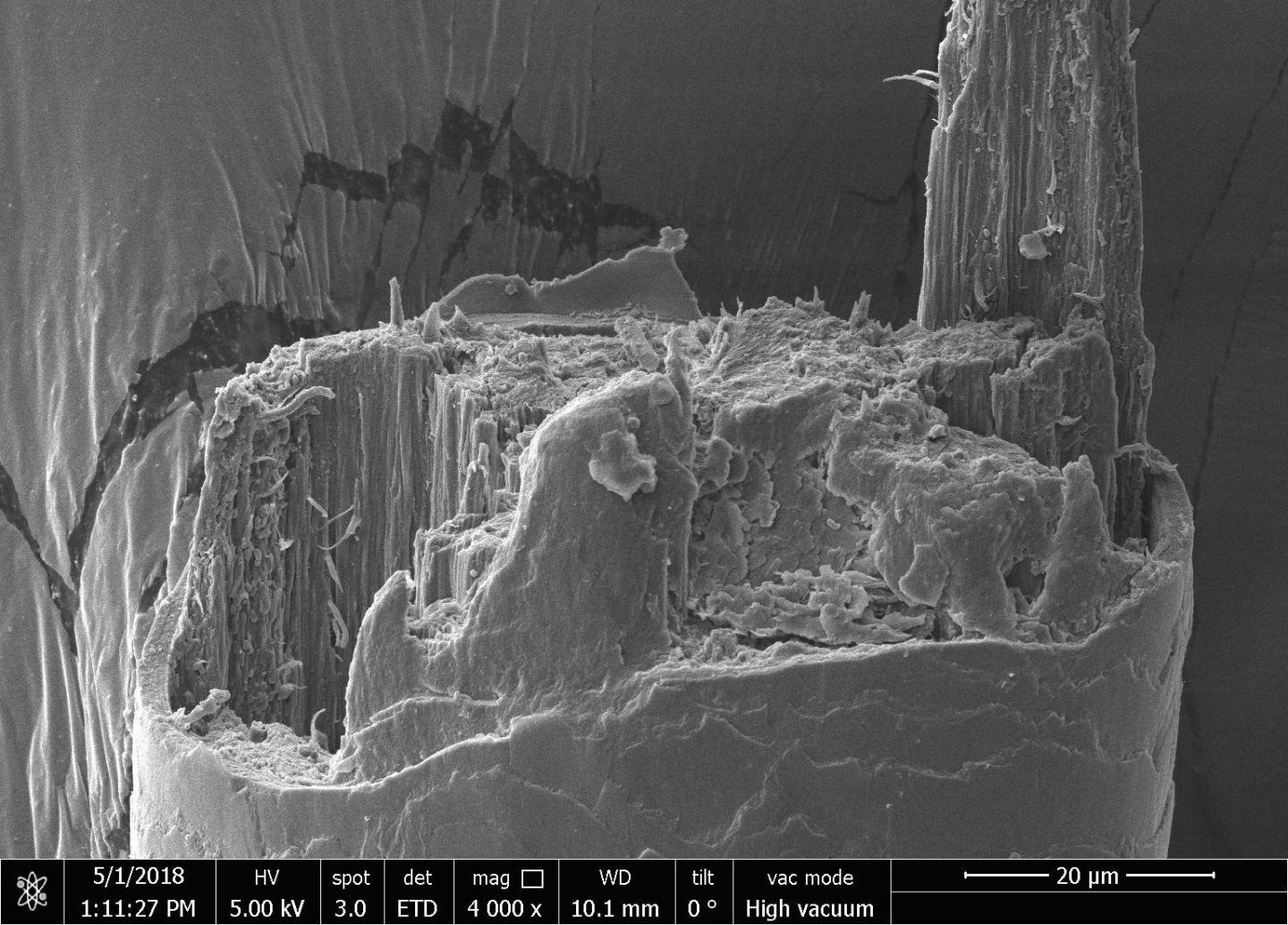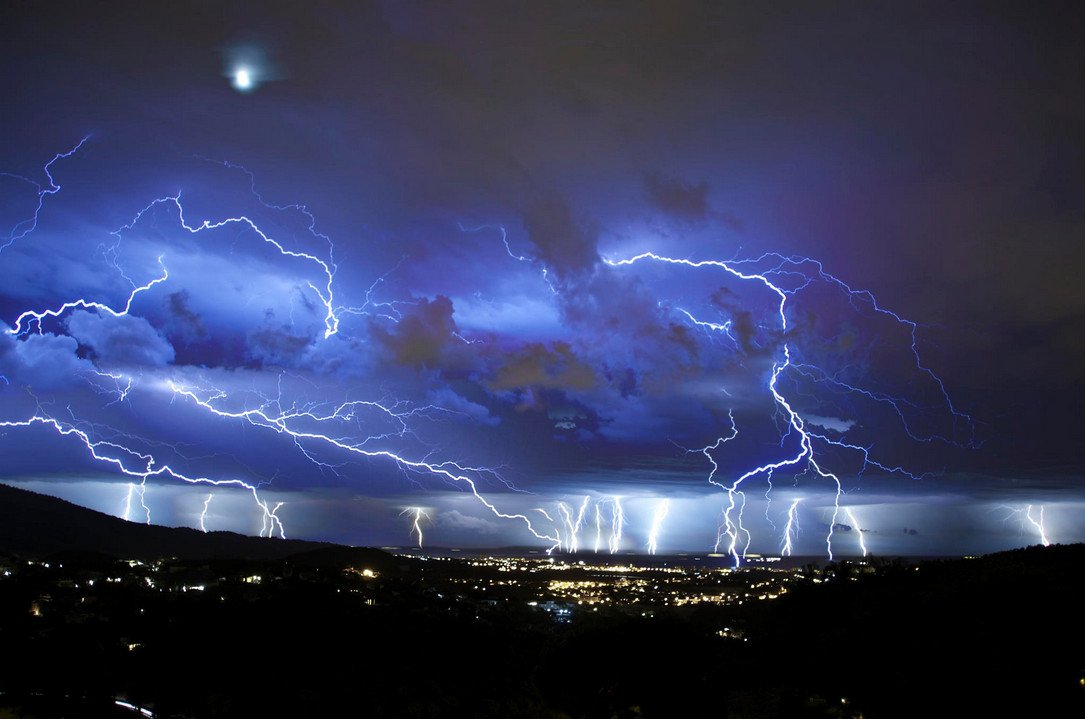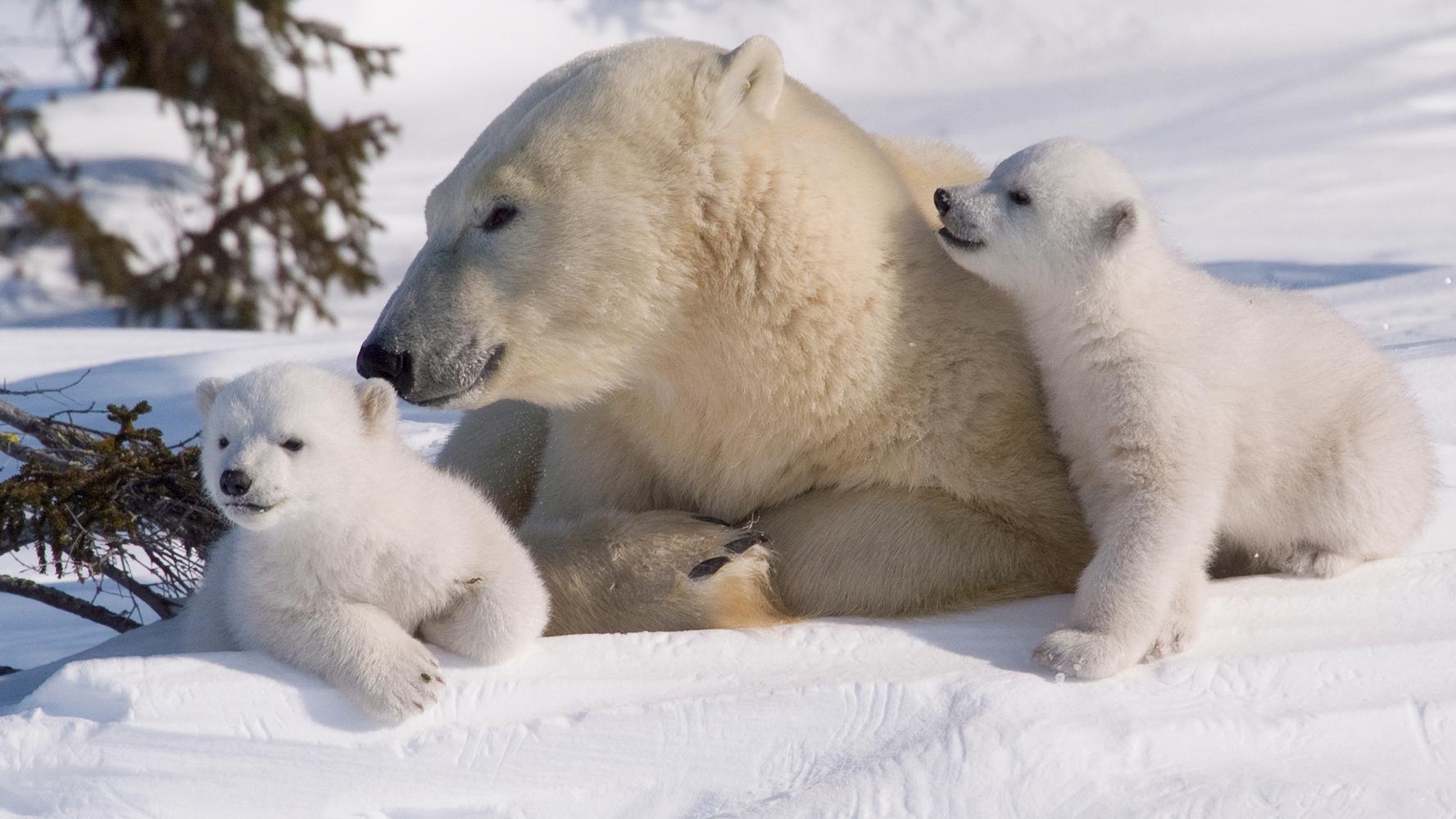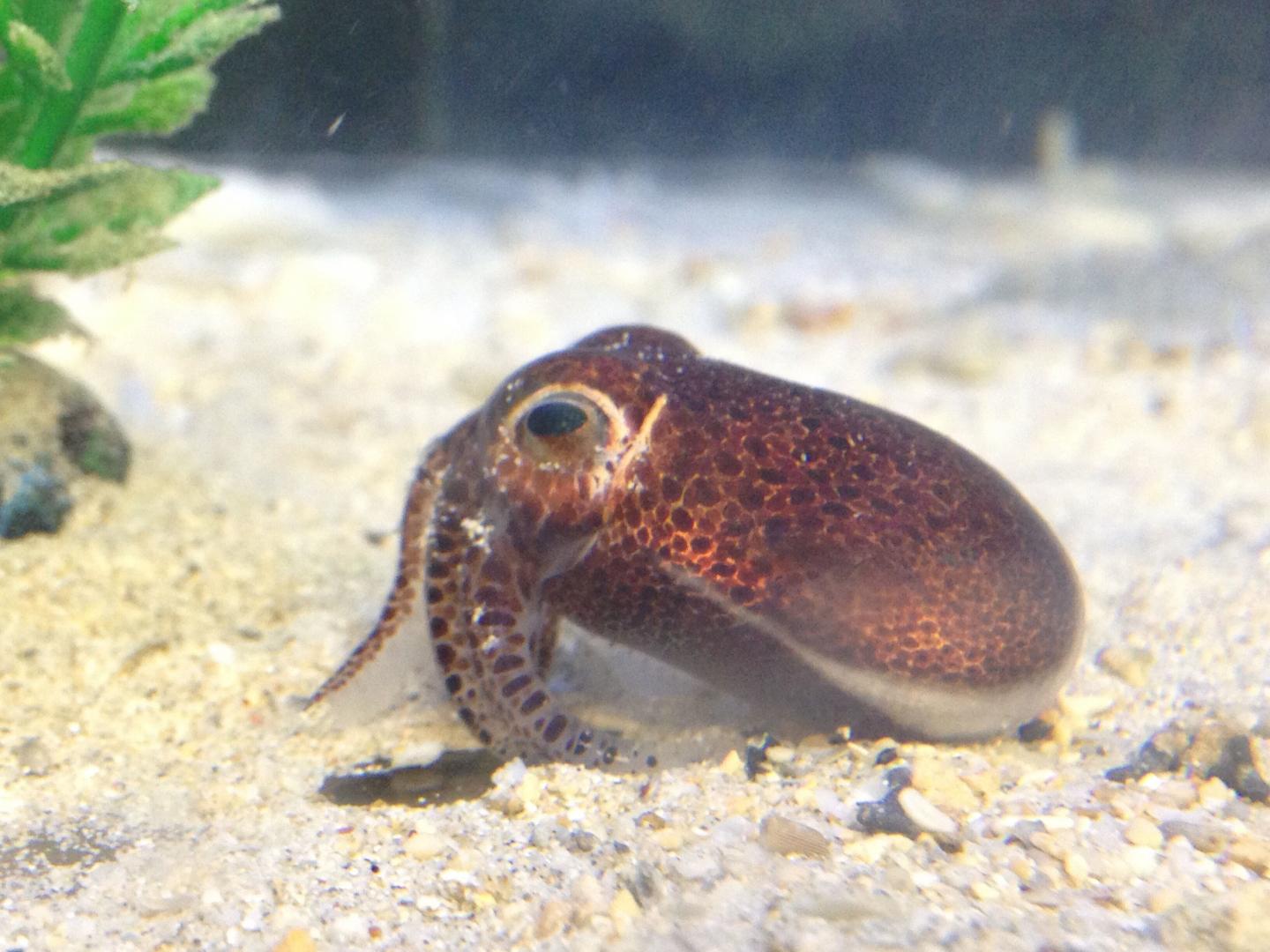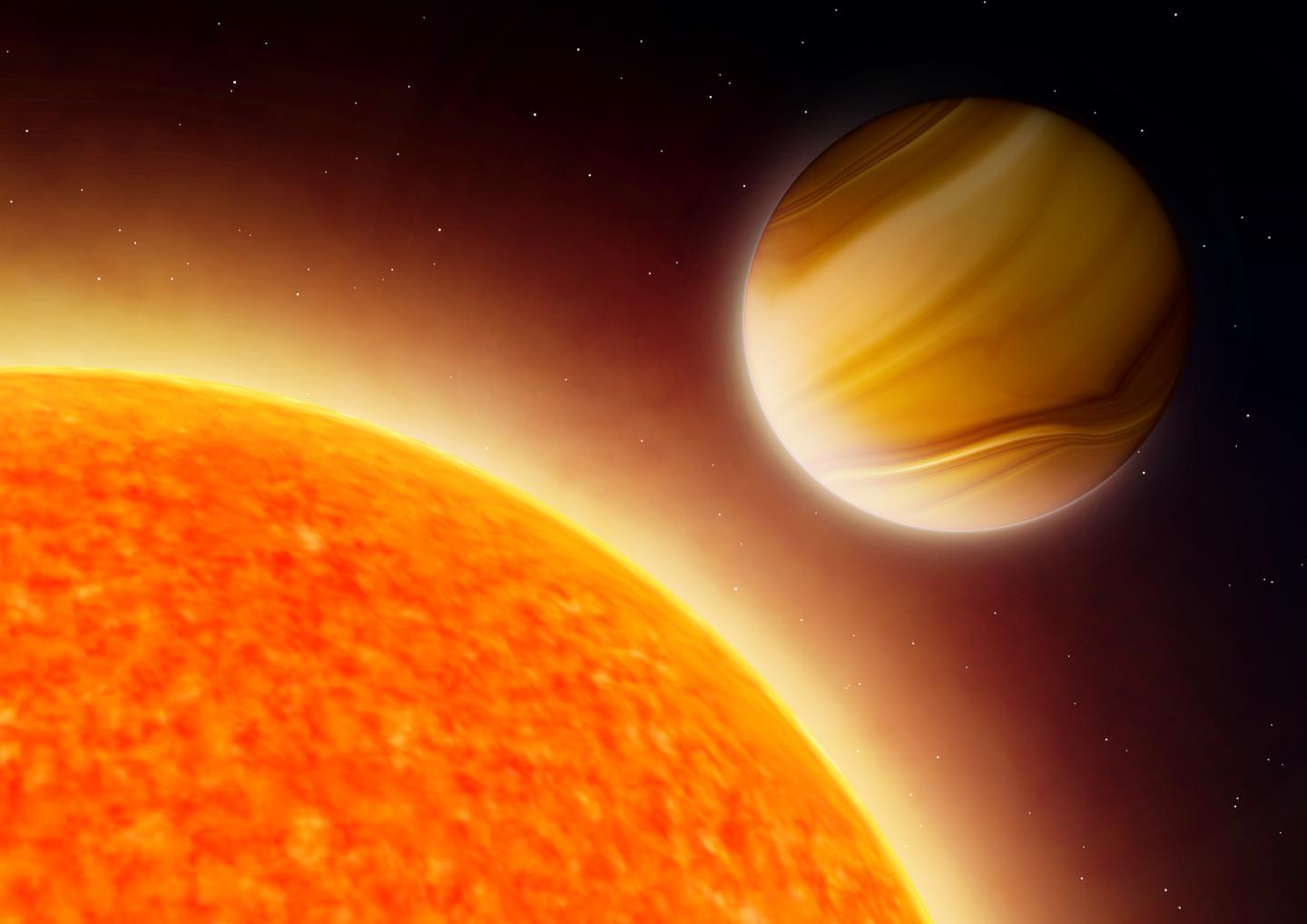Cheers! Maxwell’s electromagnetism extended to smaller scales
More than one hundred and fifty years have passed since the publication of James Clerk Maxwell’s “A Dynamical Theory of the Electromagnetic Field” (1865). What would our lives be without this publication? It is difficult to imagine, as this treatise revolutionized our fundamental understanding of electric fields, magnetic fields, and light. The twenty original equations … Read more

